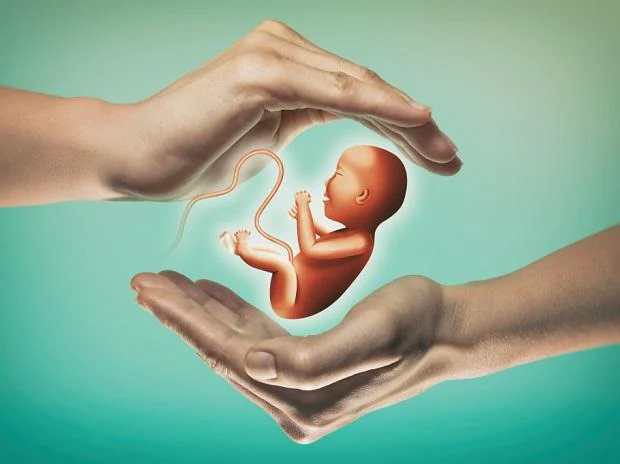
IVF Treatment, or in vitro fertilization, is a type of assisted reproductive technology (ART) used to help people with fertility problems conceive a child. During IVF treatment, eggs are extracted from a woman's ovaries and fertilized with sperm in a laboratory. The resulting embryos are then transferred to the woman's uterus, where they may implant and develop into a pregnancy.
Ashakiran Hospital is one of the Best IVF Fertility Specialist Hospitals in Pune, offering comprehensive fertility treatments at affordable prices. Ashakiran Hospital has established itself as a leader in the field of IVF and other fertility treatments because of its team of skilled medical professionals and advanced equipment. The hospital has locations throughout the city, including the best IVF centers in Baner, Deccan, and Narayanpeth. Patients can choose the location at their convenience and still receive the same level of care and treatment.
The hospital provides treatments like in Vitro Fertilization (IVF). The hospital's skilled team of doctors and staff is committed to providing personalized care and support to couples trying to achieve parenthood. With its cutting-edge technology, world-class infrastructure, and skilled professionals, Ashakiran Hospital is undoubtedly one of the Best IVF Fertility Hospitals in Pune.
After the transfer, the woman may take medications to support the developing pregnancy. A pregnancy test is usually done about two weeks after the transfer to check for pregnancy. IVF is a complex process, and success rates can vary depending on various factors, including the age of the woman, the cause of infertility, and the number and quality of the embryos transferred. It is important to discuss the risks, benefits, and alternatives of IVF with a fertility specialist before undergoing treatment.
IVF (In Vitro Fertilization) is a fertility treatment where eggs are retrieved from a woman's ovaries and fertilized with sperm in a laboratory. The resulting embryos are then transferred to the woman's uterus to achieve pregnancy.
Common causes of infertility in men include low sperm count, abnormal sperm shape, or sperm motility issues. In women, factors can include ovulation disorders, blocked fallopian tubes, or issues with the uterus or cervix.
The success rate of IVF varies depending on various factors such as age, overall health, and specific fertility issues. On average, the success rate ranges from 20% to 40% per treatment cycle, with higher success rates observed in younger women.
IVF procedures are generally not considered painful. However, some discomfort or mild cramping may occur during certain stages, such as ovarian stimulation or egg retrieval. Pain management techniques are used to minimize any potential discomfort.
The IVF process typically involves ovarian stimulation, egg retrieval, sperm collection, fertilization in the laboratory, embryo development, embryo transfer to the uterus, and finally, pregnancy testing to determine if the procedure was successful.
While age restrictions may vary among fertility clinics, generally there is no strict upper age limit for IVF treatment. However, success rates tend to decline with age, and certain clinics may have their own guidelines or recommendations based on individual health factors.
IVF can be a promising option for individuals or couples struggling with infertility as it offers a higher chance of conception and a fulfilling journey to parenthood. It provides hope, advanced reproductive technologies, and personalized care, making dreams of having a child a reality.
An IVF treatment cycle typically lasts around 4 to 6 weeks, although the duration can vary depending on individual circumstances. It involves several stages, including ovarian stimulation, egg retrieval, fertilization, embryo development, and embryo transfer to the uterus.
Yes, there are alternative fertility treatments to consider before IVF. Some options include fertility medications, intrauterine insemination (IUI), lifestyle changes, and addressing underlying health issues that may be affecting fertility. These alternatives can be explored based on individual circumstances and the advice of a fertility specialist.
When choosing a fertility clinic for IVF, factors to consider include the clinic's success rates, experience and qualifications of the medical staff, available technologies and treatments, cost and financing options, location, patient reviews and testimonials, and overall comfort and support provided by the clinic.